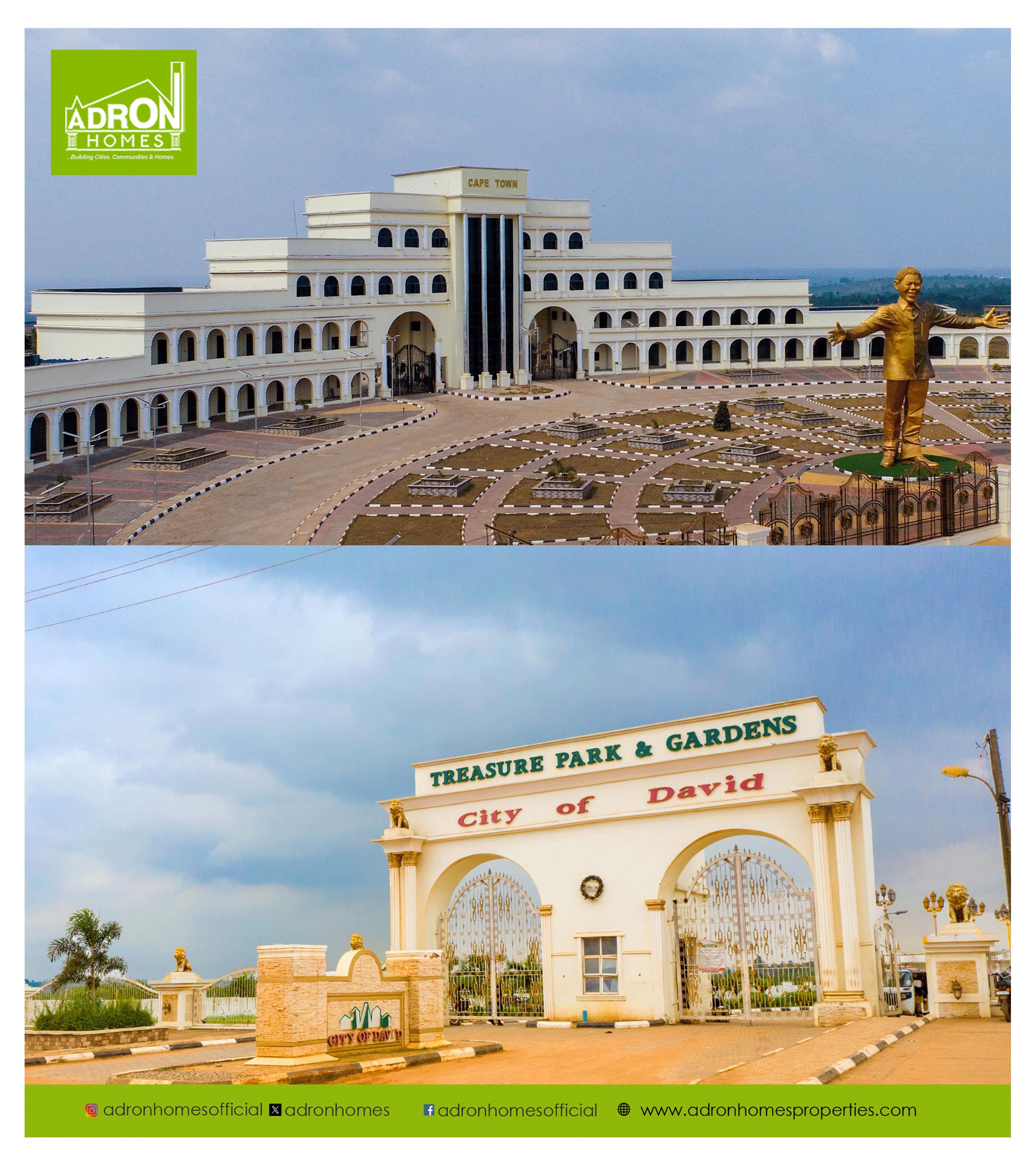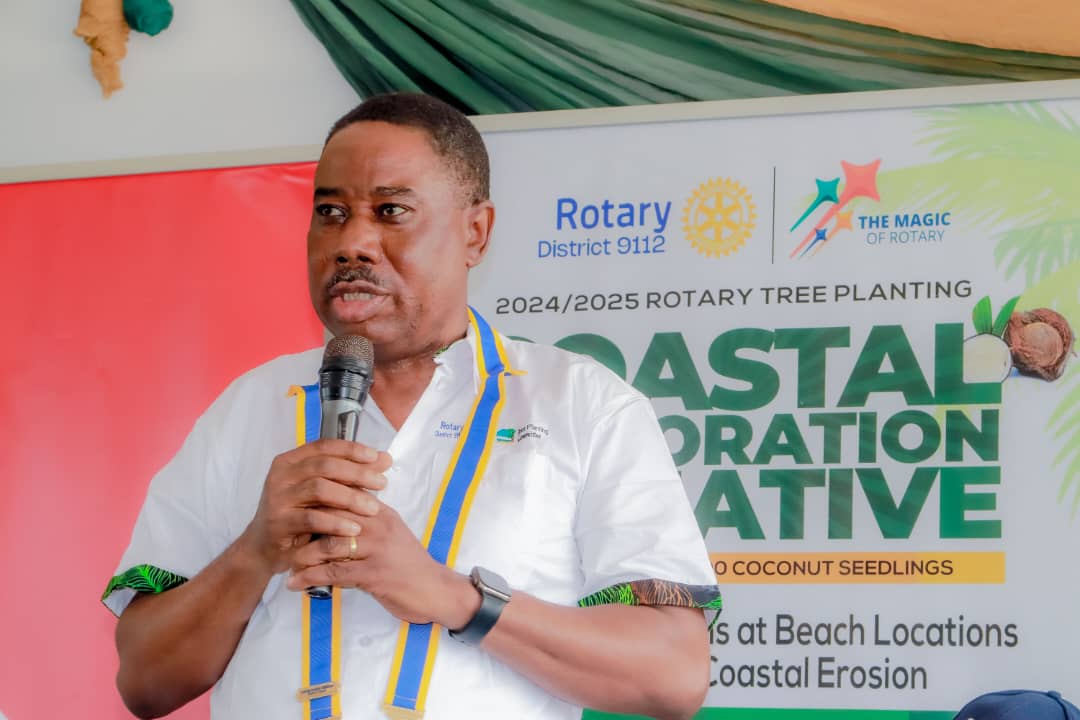

Afenifere chieftain, Chief Ayo Adebanjo, says former President Olusegun Obasanjo has no moral right to accuse anyone of being corrupt.
Describing Obasanjo as a “whited sepulchre,” Adebanjo said the former President had not disputed that he had only N20,000 in his bank account as of when he returned from the prison in 1999 and that a former Vice-President, Atiku Abubakar, and a businessman, Oyewole Fasawe, saved him from bankruptcy.
Adebanjo said if Nigeria were a decent society, people like Obasanjo would never feature in public life again, saying it continued to amaze him how people continued to give the former President “undue prominence in spite of his known character.”
He said he was sure that “when a real government of the people comes into power, they would take Obasanjo’s Presidential Library Complex in Abeokuta” from the former President.
Adebanjo, who will turn 90 years on April 10, said these in his autobiography, Telling it as it is, which was publicly presented in Lagos on Tuesday.
He attacked the former President, particularly in chapter 13 of the 233-page book, which he titled, ‘Awolowo, Obasanjo and the Yoruba Nation.’
At the event, chaired by a former military Vice-President, Cmdr. Ebitu Ukiwe (retd.), were the national leader of the All Progressives Congress, Bola Tinubu, and former governors of Ogun State, Chief Olusegun Osoba and Otunba Gbenga Daniel.
Also present was a former Commonwealth Secretary General, Chief Emeka Anyaoku, a former Secretary to the Government of the Federation, Chief Olu Falae, a former Minister of State for Defence, Musiliu Obanikoro, a former Minister of Industry, Mrs. Nike Akande, the founder of Latter Rain Assembly, Pastor Tunde Bakare, and Chief Albert Horsfall.
Also present were the Chairman of First Bank Nigeria, Mrs. Ibukun Awosika, industrialist, Chief Rasaq Okoya, Prof. Pat Utomi and Tony Elumelu.
In his book, Adebanjo described Obasanjo’s eight years in government between 1999 and 2007 as a civilian President as a tragedy and calamity, declaring that his scorecard was nothing to write home about.
He wrote, “The man who carried on as if he was all-in-all failed woefully on all counts as President. His eight-year tenure (1999-2007) was a tragedy. His scorecard was nothing to write home about. What did he do in eight years? Before he came, we were buying fuel for N20 per litre, and crude oil was $23 per barrel. In 2007, under his regime, we were buying fuel at N75 per litre, and crude oil was between $65 and $75 per barrel. In the worst days of Abacha, one dollar was over N120.”
Adebanjo, a disciple of the late sage, Chief Obafemi Awolowo, said Obasanjo humiliated Awolowo, when the latter visited him to discuss the interest of the Yoruba after Obasanjo became the military head of state following the assassination of Maj. Gen. Murtala Mohammed on February 13, 1976.
He said, “There are many incidents to show that Obasanjo is anti-Yoruba. He has no interest in, or sympathy for the Yoruba cause, he only has his own interest for everything he does. That is my conclusion, and I have copious evidence to prove it.”
Adebanjo also blamed Obasanjo for the collapse of the Alliance for Democracy by picking the late Bola Ige, a member of the AD, as a minister in 1999 against the wish of the party.
He said, “As far as I am concerned, the moment Bola Ige joined Obasanjo’s government, following his (Bola Ige) loss of AD’s presidential primaries where he polled six votes against Chief Olu Falae’s 17, marked the beginning of the end of the party. In my opinion, these are the scenarios which led to the collapse of the AD.”
In his remarks at the event, Anyaoku described Adebanjo as “one of those who have been responsible in creating the history of our country.”
Anyaoku said like Adebanjo, he witnessed the time when Nigeria operated regional governments and did very well.
He said, “I lived in those years and there has never been any doubt in my mind that our country, Nigeria, was doing extremely well when it had a true federation of four regions, with each region developing at its own pace, with its citizens feeling proud to belong to the bigger Nigerian country.
“We have since, of course, lost that basic structure of governance and when we think about the progress we were making in those days, we think, first and foremost of the Western Region under the leadership of Chief Obafemi Awolowo… Those were days when there was healthy competition in the Eastern Region of Nigeria, Chief Awolowo’s counterpart, Dr. Michael Okpara, was also focusing on the development of his region; the agricultural development in eastern Nigeria was very significant; and in the Northern Region, Sir Ahmadu Bello was also learning from the experience of his colleagues in the Western Region, the Eastern Region and the Mid-West Region.
“Those were days when you could talk about the famous groundnut pyramids in northern Nigeria or talk about the vast plantations of cotton that Nigeria was producing and indeed, you could talk about the very high quality hides and skin, which were being marketed abroad as Moroccan leather because of their superior quality. And the country as a whole was doing reasonably well.”
Anyaoku blamed the military intervention for the woes of the country, arguing that the military should not have altered the constitution.
He said, “I believe that if the military had not intervened in our governance in January 1966 and remained in power for so many years and if they had not disfigured our constitution, I used the word disfigured advisedly, because I do not believe that there is any country in the world that has the diversity that Nigeria has, diversity of peoples who have lived for several centuries in their geographical areas, who have their distinct cultural traditions.
“I don’t believe there is anywhere in the world where such a country with such diversity can live under a unitary government. So, we do need in Nigeria, a true federal structure and this was one of the abiding thoughts that Chief Obafemi Awolowo advocated throughout his life and the legacy that he left.”
Also speaking, Tinubu described Adebanjo as a principled and upright man, saying he owed his election as governor of Lagos State in 1999 to Adebanjo’s insistence on fair play.
Tinubu said he aligned with Adebanjo on the call for restructuring and true federalism.
He said, “I respect him for his principled stand on issues of the country. If you don’t understand him, you might say he is divisive but what is the meaning of restructuring, if not true federalism? If not about freedom and opportunity for each federating units to come up with their blueprints, govern and promote the unity of the country. What is the meaning of restructuring, if it is not about resource management and opportunity for true federalism in any democratic setting? I agree with that and I am with him on that.”


 Business6 months ago
Business6 months ago
 Business6 months ago
Business6 months ago
 celebrity radar - gossips6 months ago
celebrity radar - gossips6 months ago
 celebrity radar - gossips6 months ago
celebrity radar - gossips6 months ago
















You must be logged in to post a comment Login